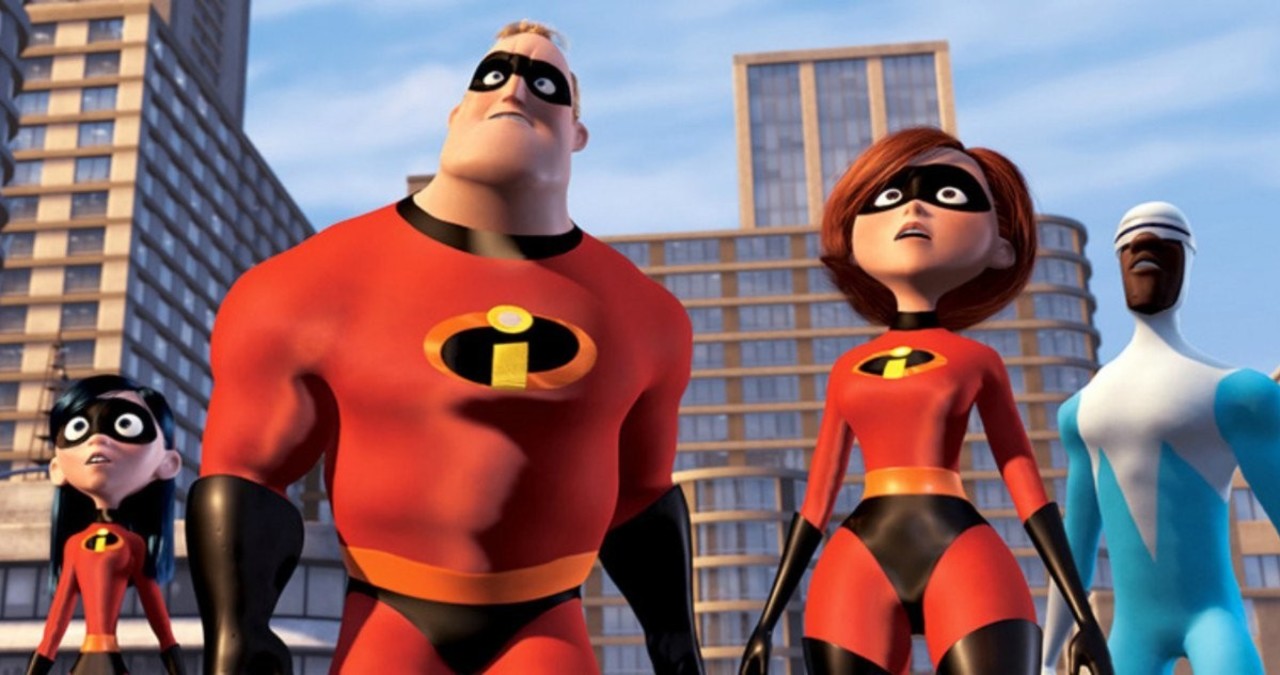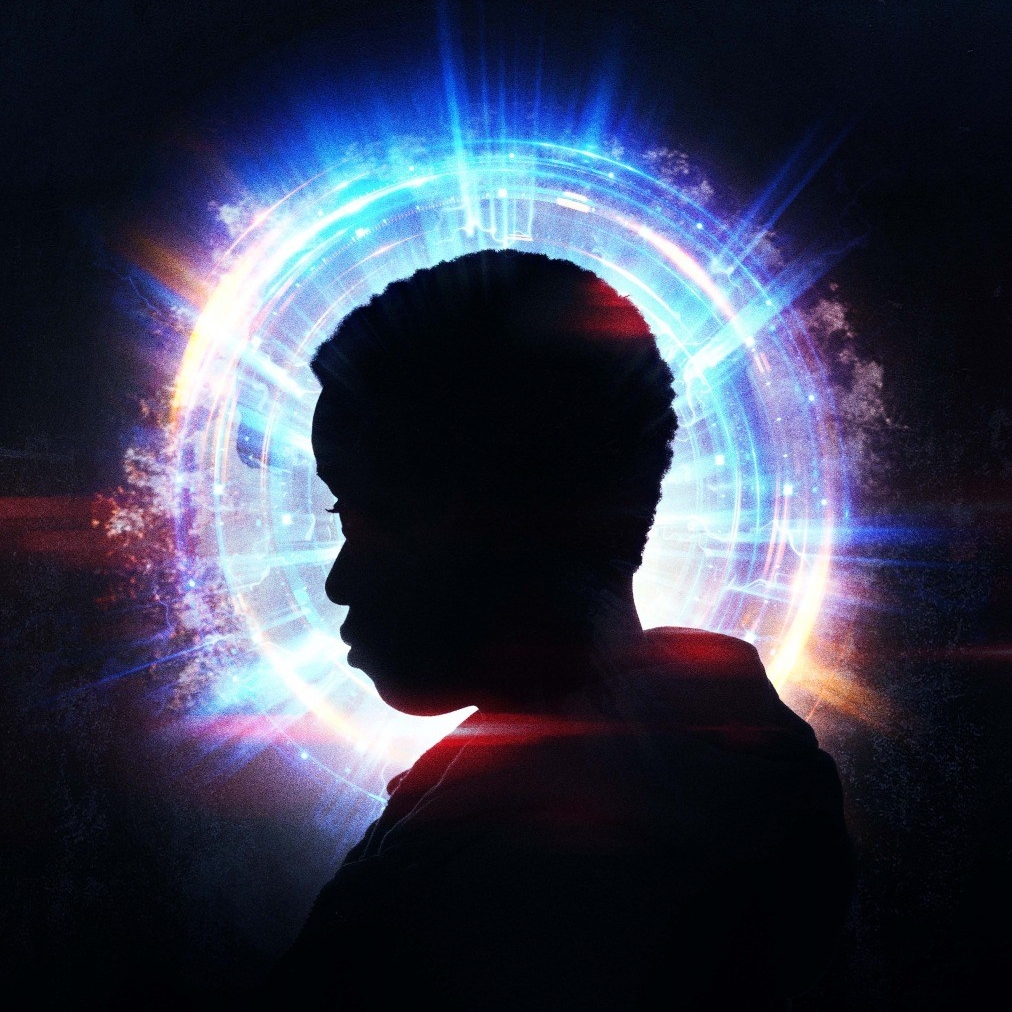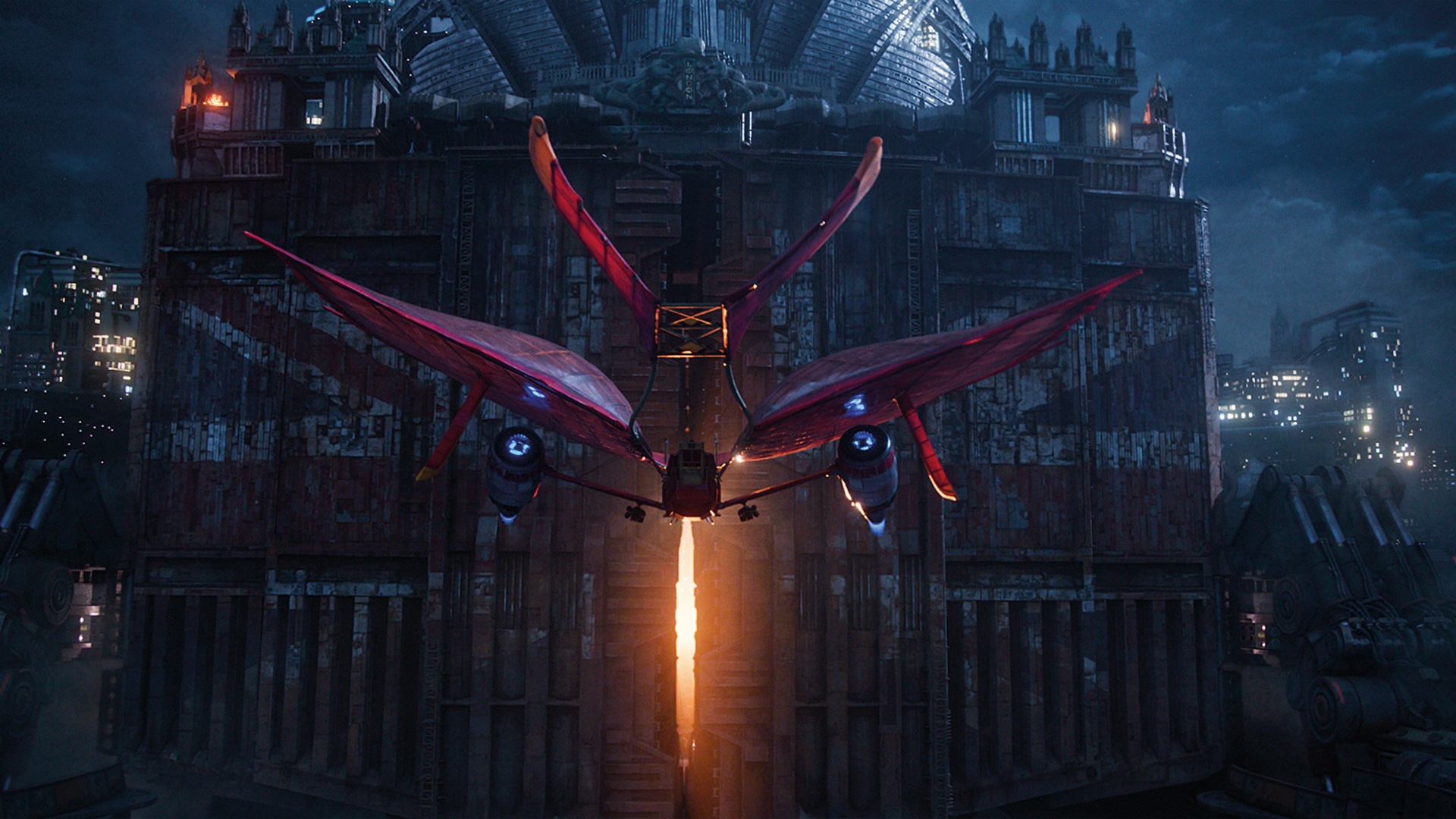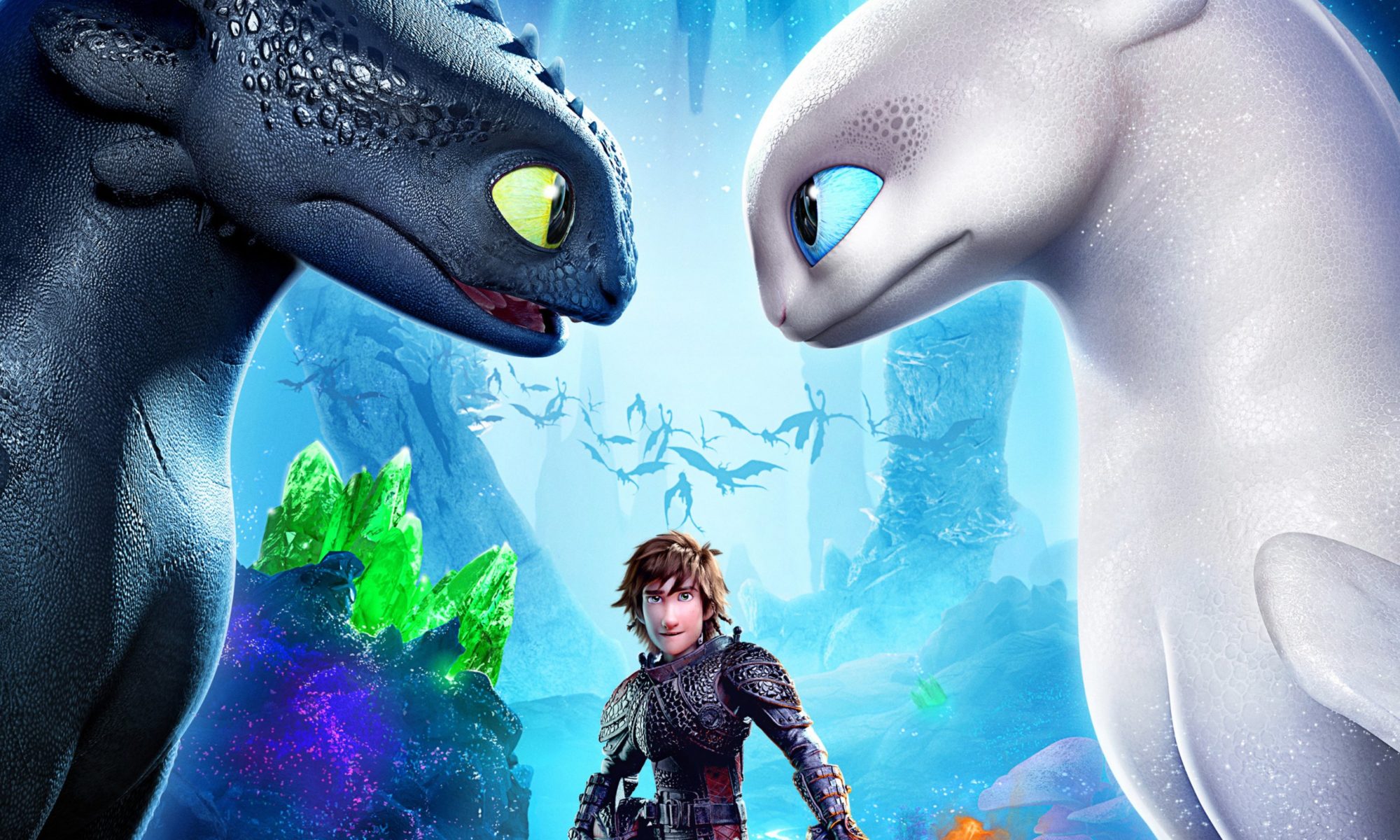Does 'The Incredibles 2' Live up to the Original?
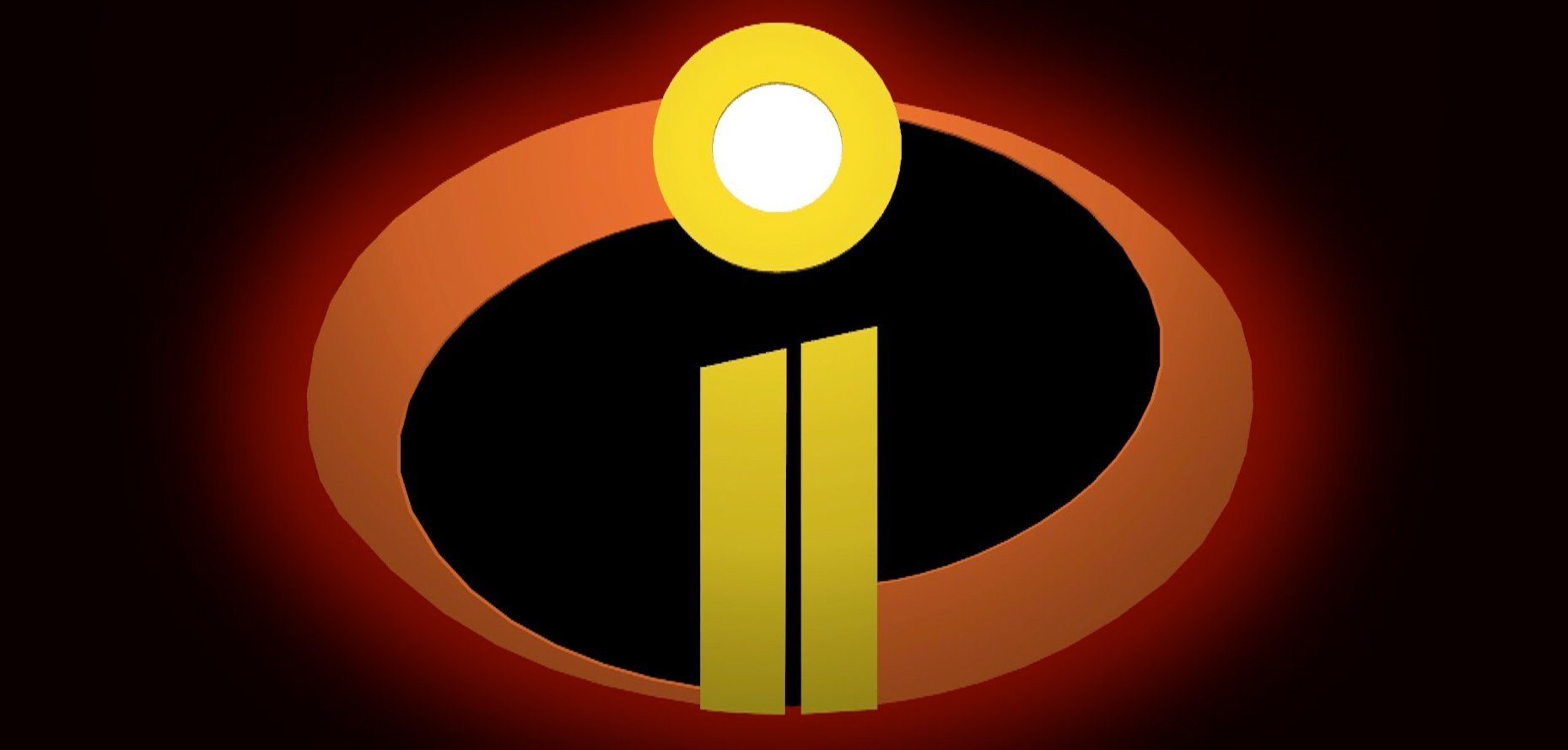
What makes “The Incredibles” such a fantastic film is its masterful usage of trappings of the superhero genre to tell a mature story of adapting to an ever changing society, using the dynamics of the Parr family to seamlessly blend three complementary narratives into a single tale.
Courtesy images
Mr. Incredible’s struggle through a midlife crisis and the gradual realization that the end of his glory days as a hero doesn’t mean he doesn’t have an important purpose to serve was perfectly complemented by the tales of Dash and Violet struggling to hide in plain sight at a time that they should be exploring who they want to be, while Elastigirl fights to be an anchor for a family being torn apart by a changing world becoming less tolerant of the antics of superhumans carries grander implications of world building and deconstruction that have become the cornerstone of the modern superhero storytelling landscape almost four years before the first proper superhero cinematic universe of the modern age made its debut.
The movie is lean, elegant, and has something new to uncover almost every time you watch it, which is why I found myself rather disappointed that “The Incredibles 2” manages to compose itself of two interwoven narratives that are quite good only to turn out just a cut above mediocre.
Set minutes after the end of “The Incredibles” as the Parr family leaps into action against the Underminer, “The Incredibles 2” may have seen release over 13 years after the original film but its dedication to maximizing that film’s aesthetic and conceptual marketability at the expense of its groundbreaking narrative novelty make it feel like the sort of creatively shortchanged franchise fodder that would have been fast tracked into production to capitalize on the original’s success within a span of a couple of years. The titular super family’s work in stopping Syndrome along with the opening conflict against the Underminer has led to a resurging interest in public work for superheroes and a PR firm chooses Elastigirl to serve as a spokesperson, rescuing people and doing community service to rally politicians to repeal the ban on superhero activity.
To grant her the time necessary to accomplish making the world a better place for their family, while also allowing his wife due time in the spotlight, Mr. Incredible opts to serve as a stay-at-home father, finally serving as the family man that his children need and learning to adjust to the developing powers of infant son Jack-Jack. Watching Mr. Incredible struggle but ultimately conform to the role of father that he strives to be with relative competence is genuinely touching to watch, and the potentially dangerous manifestation of Jack-Jack’s unstable abilities as a metaphor for caring for children with special needs carries untapped potential that the genre hasn’t fully explored before. Meanwhile, Elastigirl adapts to the public again right as a new supervillain arises. Where “The Incredibles 2” unfortunately fails to meet its potential is in the underlying narrative tying its story threads together.
Even by Hollywood standards, the villain reveal and plot is painfully predictable. The misfortune of failing to meaningfully tie together the dramatic and genre threads would already have been damaging but the safe direction that it guides the setting and characters down greatly diminishes the bite of the legacy from which the movie was born from.
The elements of deconstruction that made the first film so powerful and enduring are gone, replaced by a trend of reconstruction that fails to properly address the concerns that brought the characters and their world to their point in an age where mainstream superhero movies based around triple A icons are doing this very thing as though it were a natural course of action in an age far after “The Incredibles” did it ahead of time which no doubt inspired them. Even going beyond one-to-one genre comparisons, other Disney faire such as “Zootopia” still dedicated to illustrating that the sociological impact of major incidents doesn’t disappear overnight, while “Big Hero 6” builds a personal arc around emotionally complex issues.
“The Incredibles 2” is not a bad movie by any stretch of the imagination; its beautifully animated, well voiced, moves at a solid clip, and for all intents and purposes, entertains. The kids will love it and the adults will probably be amused overall. However, though it may be admittedly unfair to hold a film against its pedigree, the only reason to bust out a sequel to a nearly 14-year-old children’s movie is for a cash grab or to have something genuine to say in contribution to its legacy.
“The Incredibles 2” doesn’t contain even half of the boldness and ambition of the original; when it bills itself as an organic continuation of that film, it doesn’t come close to matching its sensibilities, and that’s legitimately damaging, no matter how passable the final product may be.
3 out of 5
Graduating from Texas A&M University—Commerce with a bachelor's degree in News and Editorial Journalism, Jordan Wright has lived most of his adult life professionally critiquing films, from major blockbusters to indie dramas, and has no intentions of stopping.


